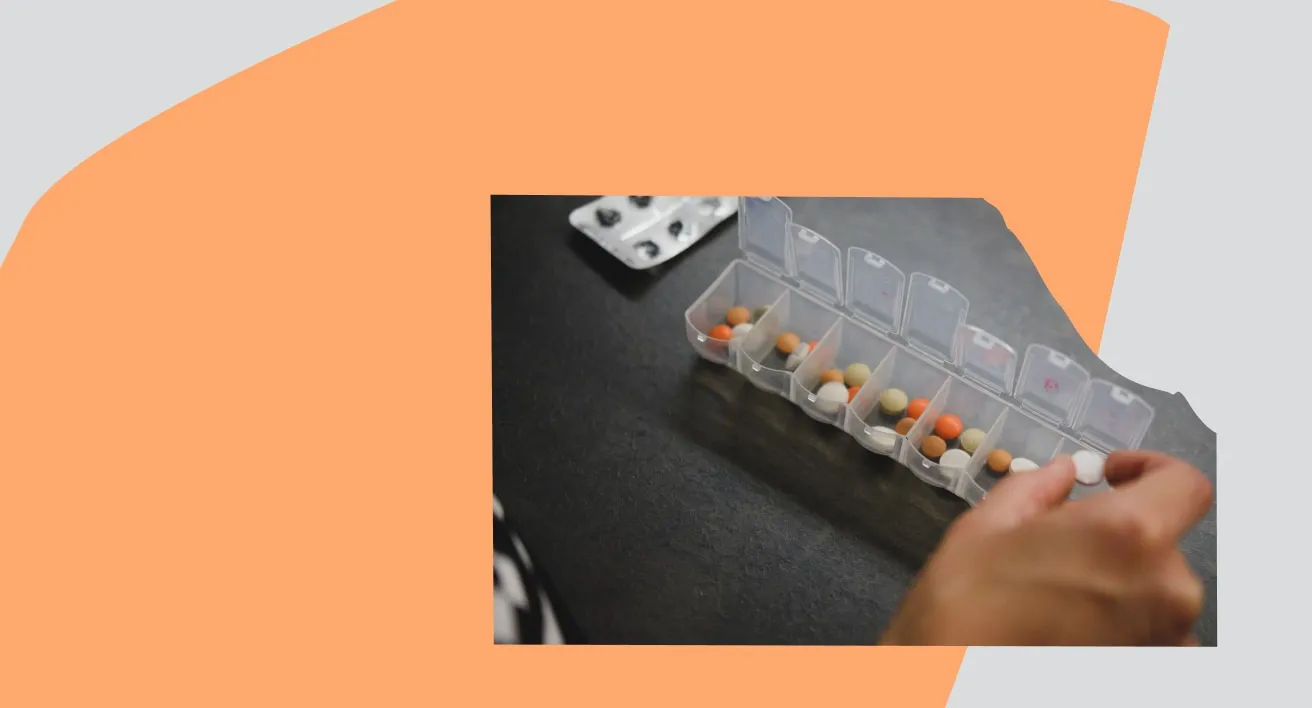Egg freezing

Registered nurse and expert in reproductive medicine


What is egg freezing?
Egg freezing is a method of fertility preservation that allows people the possibility of using their own eggs to become a parent later in life. It involves using hormones to stimulate the ovaries and produce multiple eggs, then collecting those eggs, preserving them, and storing them in a freezer in a lab. People freeze their eggs for many reasons, but in general, it’s because they want to have the option to use their own eggs if they choose to become parents later in life.
How does egg freezing work?
Step one is to schedule a consultation with a fertility specialist. At this appointment, expect to have some blood tests and a transvaginal ultrasound done to assess ovarian reserve, or how many eggs you have. Next, the doctor will gather these results and develop a treatment plan, which will consist of approximately 10-12 days of hormone injections that will stimulate the growth of the eggs in your ovaries. The goal is to get as many as possible, so the amount of medication used will vary from patient to patient. You will have frequent blood tests and ultrasound monitoring over the course of the stimulation phase. When the time is right, the doctor will prescribe a different hormonal medication to mature and release the eggs. The final step is egg retrieval, a procedure where the doctor collects as many mature eggs as possible.4 You’ll be sedated for the procedure, and typically, by the time you wake up afterward, you’ll know how many eggs the doctor retrieved.
The eggs collected are frozen and stored, sometimes for years. When you decide you are ready to use the frozen eggs, they’ll be thawed and prepared for fertilization with sperm from either your partner or a donor (read about ICSI for more details on how eggs are fertilized!). The developing embryos will be watched in the lab for a few days before being transferred into the uterus. Approximately 10 days later, you will be able to take a pregnancy test to see if it worked.
How long can you freeze your eggs?
You can store your eggs for as long as you want. Once frozen, the eggs don’t age, and your chances of success are based on the age of the egg when it was retrieved, regardless of when you use them. Your clinic will likely charge a yearly storage fee for your frozen eggs.
Note: it’s important to provide your most up to date contact information with your clinic so that they can contact you with consent forms. If they can’t reach you to ensure you want to keep your eggs frozen, they may dispose of them.
How much does it cost to freeze your eggs?
In total, from collection to embryo transfer, it costs between $10,000-$20,000 in the US.6 Here’s how that breaks down:

Medication:
$2,000–$5,000

Egg collection and freezing:
$8,400–$12,000

Yearly cost for storage:
$1,000

Thawing, fertilisation and embryo transfer:
$6,850
Common questions about egg freezing
Your fertility doctor will be able to answer your specific questions about your unique treatment plan, but there are a handful of questions that nearly every patient asks:

Some people want to have the option to become a parent later, but feel like they haven’t met a suitable partner yet. Others have medical conditions that limit their fertility and want to be able to use their own eggs with a surrogate. Trans men who plan to medically transition may want to preserve their eggs before beginning hormones or having surgery. Some young people want to preserve their best quality eggs at a young age to use later in life.7

While conventional advice is “the sooner, the better,” like in your 20s or early 30s, the reality is that for many people, it may not be affordable until later in life. According to the CDC, if you freeze eggs before age 35, using the frozen eggs in treatment later will give you a higher chance of success compared to using fresh eggs, especially if you are over the age of 40. We learn more about fertility science every year, and success rates are improving over time.

It’s a personal decision that’s up to each person. Your fertility doctor can give advice that considers your age, goals, and financial ability to go through multiple rounds of egg freezing.

You’ll contact your clinic and let them know you’re ready to use them. They’ll thaw the eggs and fertilise them with sperm to create embryos. Your doctor will prescribe medication to help your body accept any healthy embryos, and when the time is right, you’ll go through a short embryo transfer procedure to insert an embryo into the womb.9 After a few weeks, you’ll take a pregnancy test, and if it’s positive, you’ll carry the pregnancy to term. If it’s not positive, you can try again with your remaining embryos.

You can contact your clinic to understand your options. Generally, though, you can donate your eggs to research, donate them to another couple, or discard them, depending on your preferences.10

There’s a rare but possible risk of ovarian hyperstimulation syndrome (OHSS), which can be dangerous and require medical attention. Women who freeze eggs in their early 20s are at a higher risk for OHSS because of their larger egg supply and the potential to stimulate more follicles.11
People freezing eggs are limited to doing light physical activity during treatment to prevent the unlikely, but dangerous, risk of ovarian torsion, which can require surgery.
Aside from personal medical risks, there’s always a risk that some eggs won’t fertilise with sperm or may not survive thawing. The more eggs embryologists have to work with, the better chances of success.

There’s no particular diet or meal plan to follow that will suit everyone. Your doctor will likely recommend specific foods and supplements that have worked well for others under their care. That said, here are a few guidelines:
- Omega 3 heavy foods, like salmon, trout, or even chia seeds and walnuts, can be good choices. Your doctor might also recommend that you take supplements like Vitamin D, CoQ10 for egg quality, Inositol, zinc, and antioxidants to improve the chances of retrieving good quality eggs.12
Am I a good candidate for egg freezing?
Each clinic has its own eligibility criteria, so it’s worth having a consultation with a local clinic for an expert’s opinion.
Is egg freezing suitable for me?
Egg freezing is suitable for people looking to preserve their fertility to build their family in the future. Read our guides for other treatments that could be suitable for you:

IUI
.webp)





